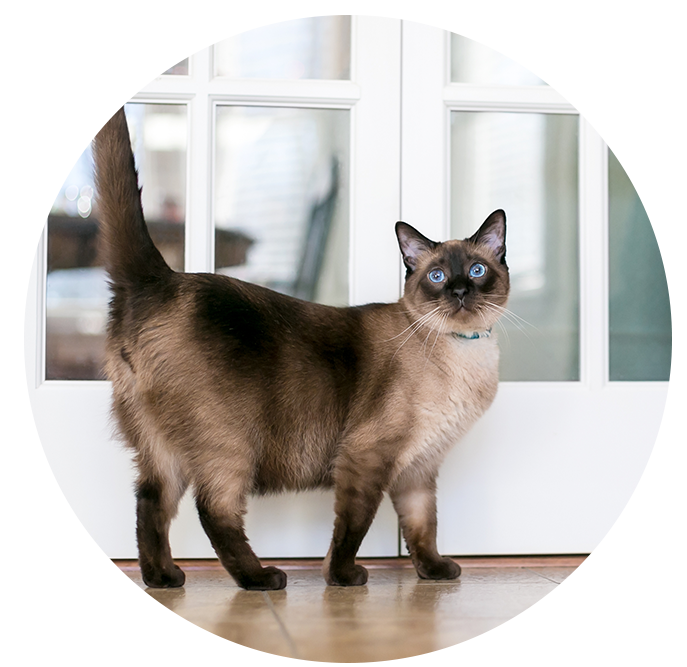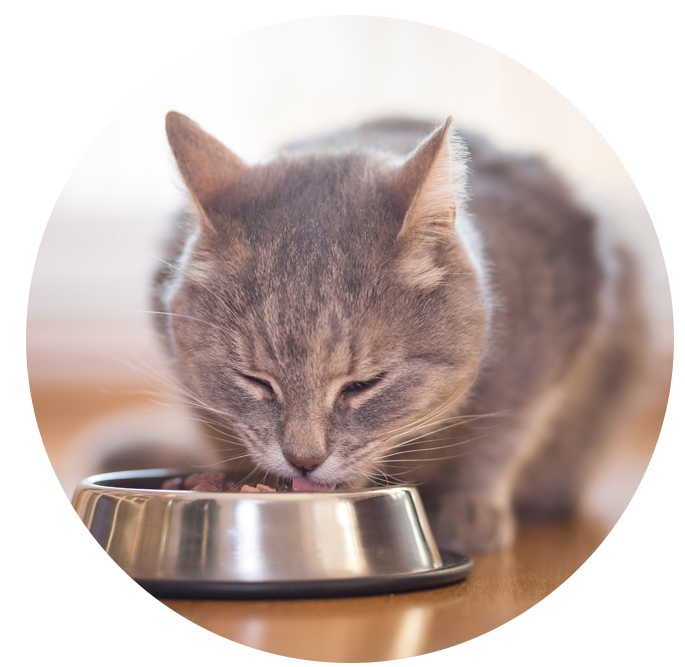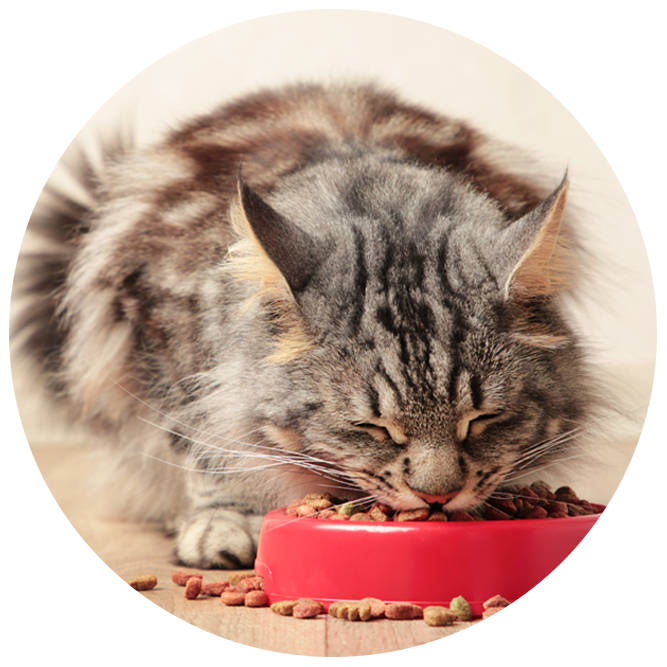Blog
Our blog looks at some common conditions behind feline inappetence and explains what to expect if your cat is diagnosed with one.

When The Thyroid Goes into Overdrive: Hyperthyroidism in Cats
By Dr. Natalie L. Marks, DVM, CVJ, CCFP, FFCP-Elite
Like humans, many diseases arise in cats when they reach middle age. This applies to diseases like diabetes mellitus, chronic kidney disease, and the syndrome discussed here: hyperthyroidism. This disease is caused by an overproduction of two thyroid hormones (T3 and T4) from an enlarged thyroid gland in your cat’s neck. Normal thyroid hormone levels regulate temperature, metabolism, and many other functions. When levels are excessive, however, they can create secondary complications for your cat, including heart disease, high blood pressure (hypertension), and retinal bleeding or detachment, a cause of sudden blindness.

The Cat and The Kidney
By Dr. Natalie L. Marks, DVM, CVJ, CCFP, FFCP-Elite
As a veterinarian, one of my primary goals is to maintain the health and well-being of my patients for as long as possible. For cats in particular, cat parents and caregivers need to have a greater understanding of the role of the kidneys – what they do in the body, what happens to cats when disease develops, and how you, as a cat owner, can look for early signs and be the best “cat-vocate” at home!

Dental Disease Is More Common Than You Think!
By Dr. Natalie L. Marks, DVM, CVJ, CCFP, FFCP-Elite
I frequently ask cat caregivers, “Have you looked in your cat’s mouth lately?” I tend to receive various responses, from shock to laughter to disbelief, and I know why! Looking inside your cat’s mouth, let alone brushing their teeth every day, is not something many cat caregivers feel comfortable with or have trained their cat to see as a positive interaction. However, dental disease is incredibly common, very painful, and can negatively impact your cat’s quality and quantity of life.
Picky or Sick?
If your cat’s not eating, it could be a sign of a serious health issue. Take this 5-question quiz to help determine when it’s time to take your cat to the veterinarian.
Start QuizDisclaimer: This information is not intended to replace discussions with an animal medical professional. Discuss behaviorial and medical concerns with your veterinarian.
Content references can be made available upon inquiry. This site is intended for US residents only.

Share this Quiz